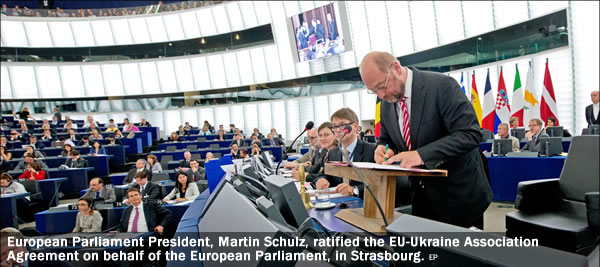European companies are still reeling from the impact of a Russian import ban on EU, US, Canadian, Australian, and Norwegian products such as meat, fruit and vegetables. Russia introduced the ban on 7 August in retaliation to EU measures triggered by the Ukrainian crisis and the downing of the Malaysia Airlines MH17 plane.
The EU will be seriously affected by the Russian measures, because Russia is the EU’s second biggest export market for agricultural products. However, the EU is responsible for 43% of Russian imports. Last year, the EU’s overall agricultural exports to the country were worth €11.3 billion and the current Russian import ban is expected to affect exports worth €5.1 billion, although specific products and regions will be more affected by the sanctions than others.
The Russian ban covers meat, dairy, fruit and vegetables. The European Commission has already respond to the Russian measures with short-term market support measures worth more than €155 million for the sectors most immediately affected, such as peaches, nectarines, vegetables, butter and cheese.
